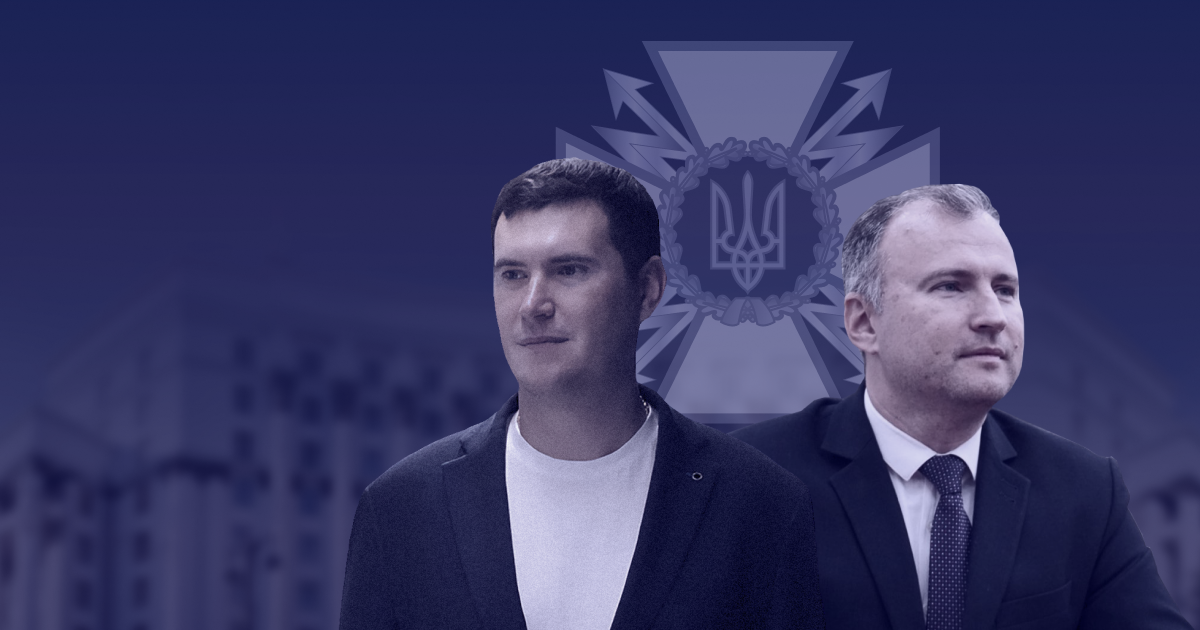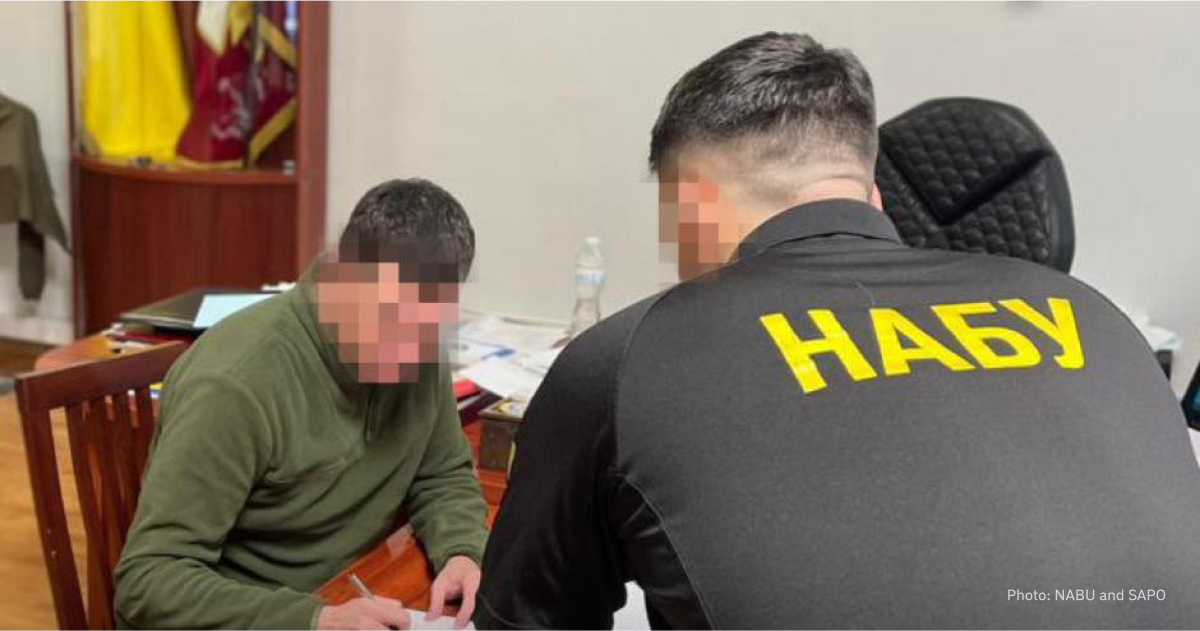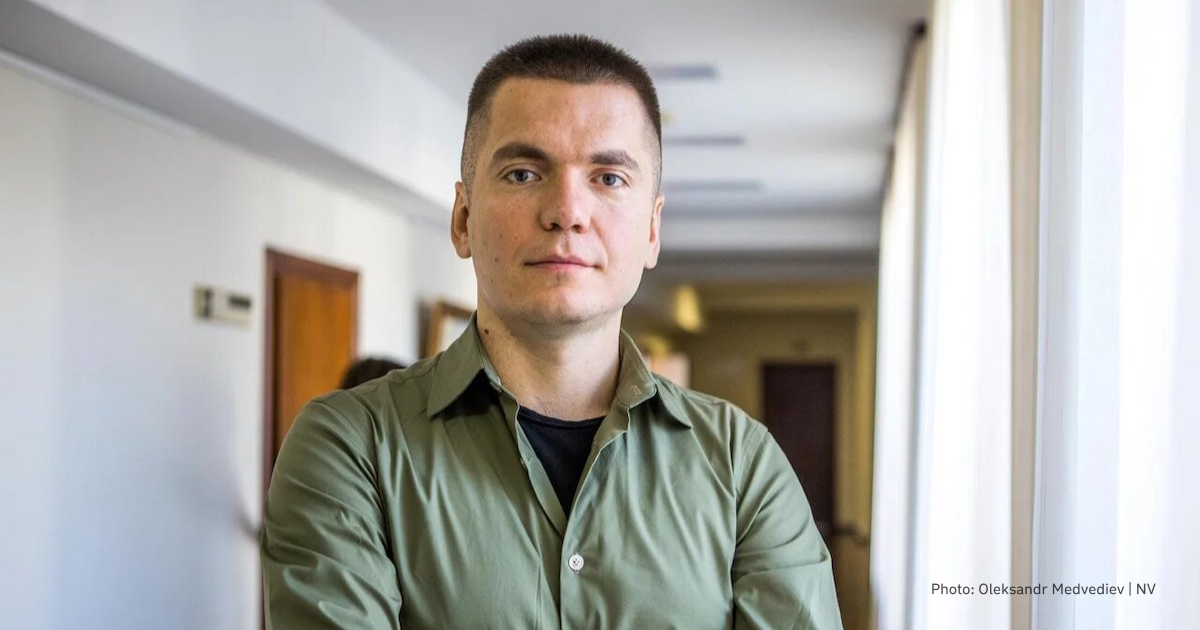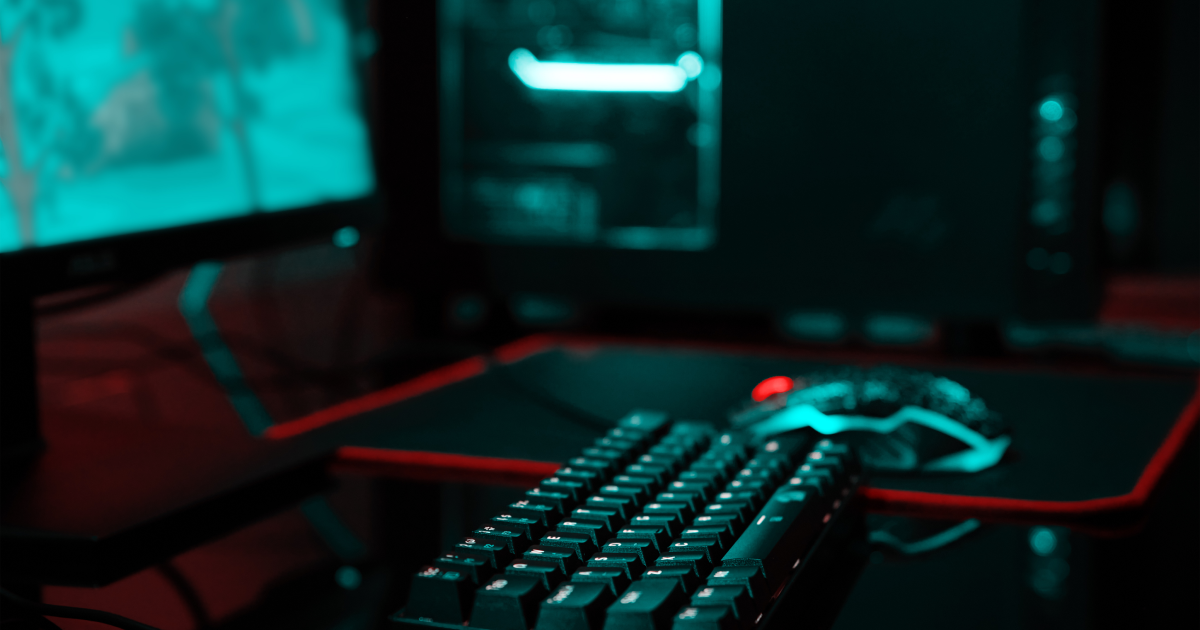The NABU and SAPO serve notices of suspicion to the heads of the State Special Communications Service of Ukraine. A few hours earlier, the Cabinet of Ministers had dismissed them. What's going on?

The Cabinet of Ministers dismissed the head of the State Service for Special Communications and Information Protection, Yurii Shchyhol, and his deputy, Viktor Zhora.
A representative of the Cabinet of Ministers in the Verkhovna Rada, Taras Melnychuk, reports.
Shchyhol's first deputy, Dmytro Makovskyi, has been appointed acting head of the State Special Communications Service.
On the same day, the National Anti-Corruption Bureau of Ukraine and the Specialised Anti-Corruption Prosecutor's Office announced they had served the officials with a notice of suspicion.
Shchyhol, Zhora, other officials and the owner of an unnamed group of companies are suspected of possessing more than UAH 62 million.
According to investigators, in 2021, the State Service for Special Communications, the state-owned enterprise Ukrainian Special Systems, and a controlled company purchased information technology at an inflated price.
"For this purpose, two controlled companies were involved, and the procurement was classified to avoid open bidding and ensure their participation," the NABU said in a statement.
The State Service for Special Communications transferred UAH 285 million to the companies, but the real cost of the software was UAH 223 million. The funds were transferred to the accounts of controlled companies abroad.
A preventive measure will be chosen for the suspects.
The State Service for Special Communications responded to the serving of the suspicions. It stated that it was ready to cooperate with law enforcement agencies and provide all necessary information, as "the work of the Service is based on the principles of openness and zero tolerance to corruption."
Yurii Shchyhol headed the State Service for Special Communications since July 2020.

He commented on his dismissal and stressed that he had written his resignation on the morning of November 20, as he did not want the Special Communications Service to "suffer from suspicion while the investigation and trial were ongoing".
"I am confident that I will be able to prove my innocence during an impartial investigation and directly in court. After all, all procurements of the service (State Special Communications Service) since 2020 have been carried out in compliance with the current legislation," he wrote on his Facebook page.
The Anti-Corruption Action Centre is convinced that the decision to dismiss Shchyhol and Zhora was "prepared in advance" to fire them before they were served with the suspicion.
"It's an interesting coincidence that just half an hour before the NABU and SAPO announced the dismissal of Shchyhol from his position, the Cabinet of Ministers announced that it had dismissed him. His deputy Viktor Zhora was also dismissed," the AntAC says.
A year ago, Kyrylo Shevchenko, then head of the National Bank, managed to leave Ukraine before being suspected.
Personal income tax and the State Special Communications Service
On November 17, Volodymyr Zelenskyy signed a law redirecting military income tax from local government to state budgets.
UAH 13 billion will go to the State Service for Special Communications and Information Protection for drones and another UAH 13 billion to the Ministry of Defence to purchase artillery systems.
Earlier, the former head of the State Service for Special Communications said that the adopted law on military taxation would also provide the service with UAH 43 billion to purchase drones next year.
"These funds are required to cover the needs of the Drone Army for the next year. If the Verkhovna Rada had not supported this, there would have been a gap in January-February because everyone would have been waiting for the allocation of funds from the 2023 state budget. Thus, we would not have received transitional contracts for the next year," Shchyhol said in an interview with Interfax Ukraine.

Vitaliy Deineha, founder of the Come Back Alive Charitable Foundation and former Deputy of ex-Defence Minister Oleksii Reznikov for Digital Transformation, is convinced that this "will not solve the overall problem."
"The State Service for Special Communications, its orders and regulations that are supposed to increase the security of information in government agencies lead to a cosmic rise in price, technical poverty of solutions and corruption, corruption and once again corruption," Deineha wrote on Facebook.
In his opinion, since the start of the full-scale invasion, the service has increased its influence and become "the wallet and hands of the Ministry of Digital Transformation" in many issues.
"This is just the tip of the iceberg. It is important to understand that the head of this service... is just a 'pawn' that can be easily replaced," added Vitalii Deineha.
In particular, the problem is that the Ministry of Defence depends on the State Service for Special Communications in the area of cyber defence, as well as the lack of "anti-corruption oversight" of the service.
Draft law No. 8087 expands the powers of the State Special Communications Service
In addition, Vitalii Deineha reminds that he opposes draft law 8087, which expands the State Special Communications Service's powers to protect businesses from cyber threats.
"Once and for all, the second reading of Law 8087, which I fought against from my first to my last day in office and written under the leadership of people who were served with suspicions today, is withdrawn," said former Deputy Defence Minister, Deinega.
The bill was voted in favour in the first reading. Now, it is awaiting the second reading.
According to Zhora, the draft law will allow "implementing and formulating requirements for critical information infrastructure facilities, conducting security audits of these facilities, and receiving confirmation of how the requirements were implemented."
The Ukrainian League of Industrialists and Entrepreneurs (ULIE) criticised the draft law and called the powers granted to the State Service for Special Communications "unprecedentedly broad".
Among the law's shortcomings, the ULIE also cites the contradiction with the EU Directive on Network and Information Security (NIS2 Directive), adopted on December 14, 2022, which comes into force in the EU on October 18, 2024.
"The NIS2 Directive does not apply to entities operating in the field of national security and sets out a clear list of criteria for companies to which it applies. At the same time, Draft Law 8087 covers all public authorities and business entities without exception, imposing an excessive administrative and financial burden on even the smallest of them," the Union says in a statement.

The lack of control and restrictive mechanisms for the State Special Communications Service, according to the ULIE, creates "opportunities for blocking the activities of any business, putting pressure on it, "raiding", etc."
The National Agency on Corruption Prevention also initially criticised the draft law.
In its conclusion, the Agency noted that the draft law poses several corruption risks, including expanding the powers of the State Special Communications Service, mainly due to the lack of provisions involving cyber police officers in state control over information protection.
However, one of the initiators of the draft law, MP Oleksandr Fediienko, later told Detector Media that the NACP's comments had been taken into account and that "the agency has no questions about the draft law now".
In contrast, Tetiana Popova, Head of the Board of the Telecommunications Chamber of Ukraine, told reporters that draft law No. 8087 introduced excessive interference in the economic activities of private entities.
"Unfortunately, these particular provisions were not finalised for the second reading,"
Popova said, Detector Media reports.


